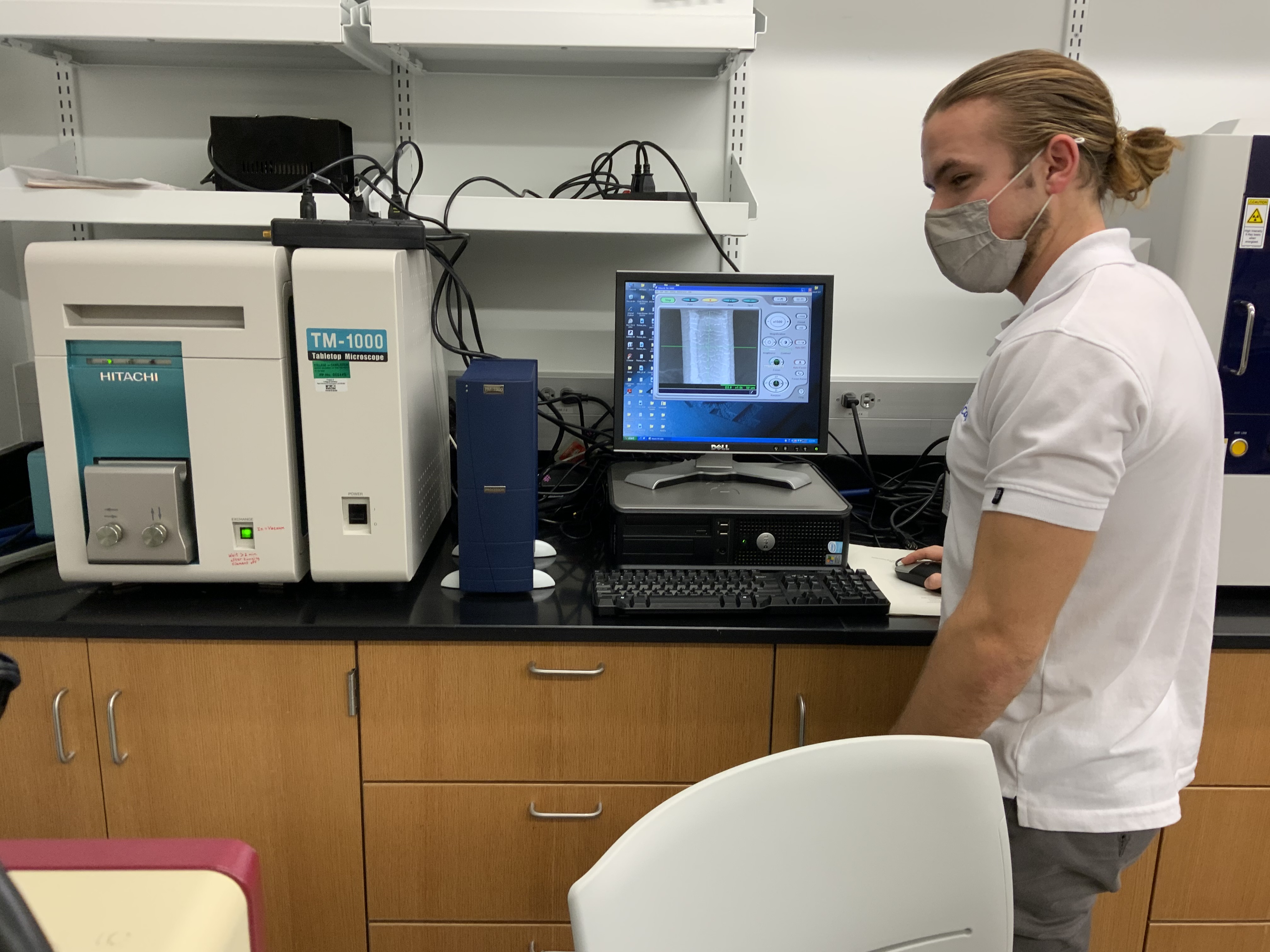Department of Physics and Astronomy
Calling all confident, innovative thinkers.
Our dedicated faculty foster close partnerships with their students through undergraduate research. With so many ways to customize your education, you can build a unique course of study that helps you meet your goals.
When you graduate, you’ll be prepared for success, whatever that looks like. Jump into an exciting career or continue your education in graduate or professional school.
A Growing Field
A peek into your future.
in jobs over the next 10 years in the United States.
for those starting out in this industry.
in jobs listing “physics” as a skill.
in South Carolina for Astronomers and Physicists over the last year.
News & Announcements
Dr. Joe Carson has recieved SCRA's 2024 award for Applied Researcher of the Year. You may read the press release here.
Research & Innovation

Research Opportunities
Undergraduate research opportunities are available in areas such as:
- applied physics.
- astrophysics.
- atmospheric physics.
- biophysics.
- computational physics.
Explore student opportunities.
You can conduct research within the department throughout the academic year. We can assist with finding summer research appointments elsewhere.
Our annual Research Poster Session showcases research activities throughout the school.
* General labor market and salary data are provided by Lightcast.


STEM Students Receive Top Honors
One benefit to studying STEM at the College of Charleston is the opportunity to conduct undergraduate research. One student in the neuroscience program received a Goldwater Scholarship for her work. She plans to pursue research in molecular and behavioral neuroscience with clinical applications.
Read more